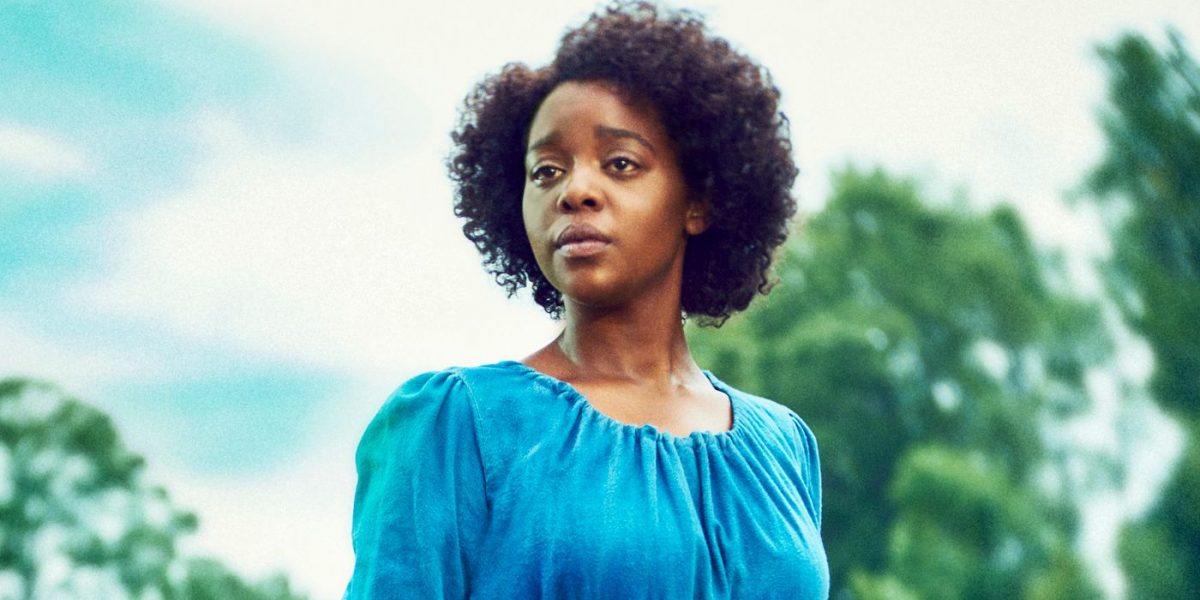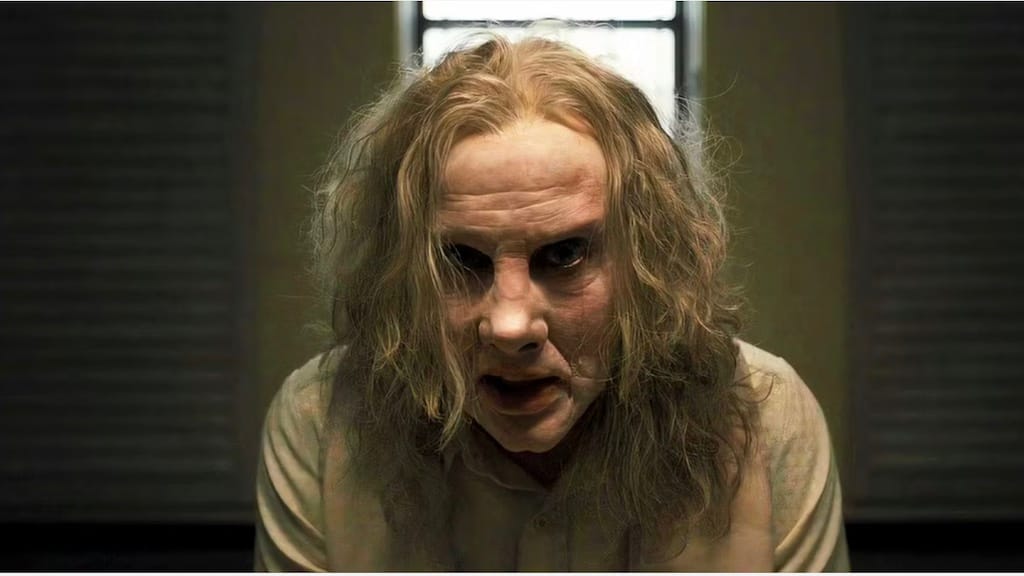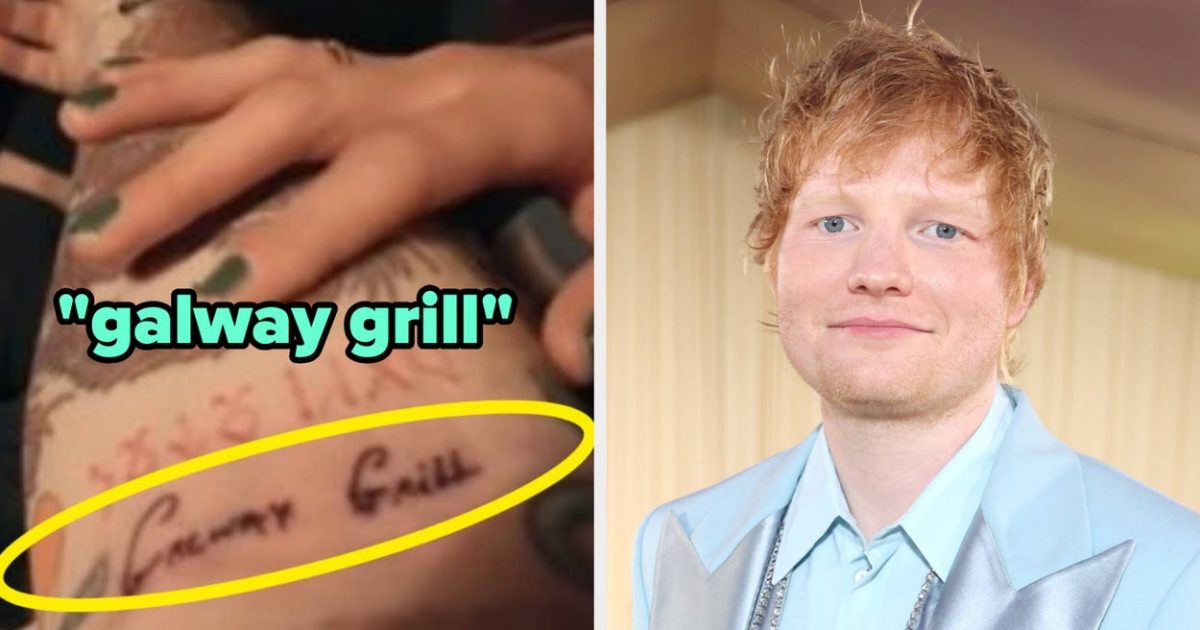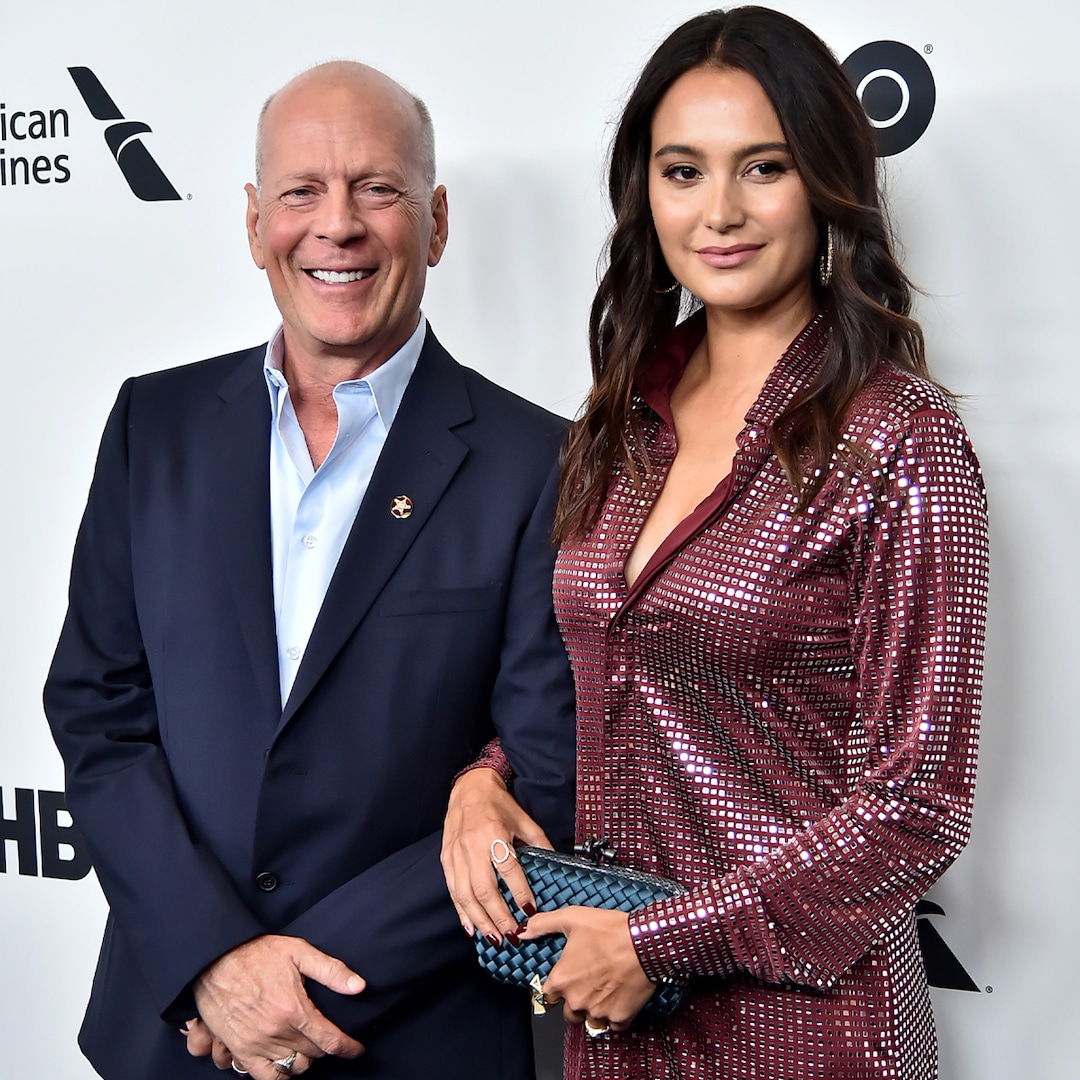
Octavia E. Butler’s Novel Deserves Better Than This
Jan 9, 2023
It is hard to fully call Kindred, a new series from FX, an adaptation of the late Hugo Award-winner Octavia E. Butler’s 1979 novel of the same name. There is the same general premise in telling the story of a Black woman, Mallori Johnson’s Dana, who finds herself being unexpectedly pulled back through time to a pre-Civil War plantation. However, from a narrative and thematic perspective, there are a series of significant changes that fundamentally alter and increasingly compromise the many rich complexities of her story. While all works of adaptation make modifications, the ones being undertaken here all feel perfunctory at best and purposeless at worst. Though the committed performance by Johnson is a high point and the early direction by Janicza Bravo draws you in, each is ultimately let down by a story that can’t ever hope to even hold a candle to what Butler achieved all those years ago.
COLLIDER VIDEO OF THE DAY
The first of many changes comes down to timing. Where the novel is set in 1976 and wastes no time in establishing the stakes of what is happening, the series begins in a vastly different fashion in the modern day. While not entirely surprising, as many adaptations feel a need to be more immediate, this focus on the present doesn’t ever provide much of anything new. It is here that we find Dana in the aftermath of one of her many jumps through time. She is grievously injured and lying on the floor, alone in a new home that we will learn she only recently bought. Soon, police lights flash outside as she tries to send an email though is hindered by spotty Wi-Fi. A nosy neighbor looks in through the window and officers then attempt to forcibly get inside despite Dana telling them she is fine. Of course, they don’t listen.
While this opening and much of the first episode are well-directed by Bravo, it is only the beginning of the series telling a vastly different story that lacks the same incisiveness as Butler’s original work. We then flash forward to see Dana laughing and watching television on the same laptop she remains blissfully unaware will be her lifeline in the looming crisis. While she had cried out for help before, she is now alone and unconcerned before rushing off to a dinner she had forgotten. Dana has only recently moved back to Los Angeles and hopes to break into writing for television; it is a change she is quite excited about.
The dinner she then goes to is meant to be a happy one where she updates her aunt Denise (Eisa Davis) on all of these significant life changes. However, Denise’s husband Alan (Charles Parnell) soon voices his disapproval of her life decisions and things deteriorate from there. It is tense, but the two are all the family that Dana has left as she previously lost both of her parents. When she then tries to leave, Dana encounters Kevin (Micah Stock) who works there as a waiter. A white man who was her husband when we first encountered him in the book is made a stranger in this adaptation. Still, Dana accepts his offer for a ride home as her phone is dead, and she can’t call a ride service. Later that evening, she matches with him on this universe’s equivalent of Tinder where he begins sending her corny messages.
Image via FX
RELATED: New ‘Kindred’ Trailer Travels Through Time to Reveal Sinister Secrets
The two then begin an often awkward flirtation that lacks the same complicated history that was felt in the novel. It is in the midst of this that they get swept up in the perilous predicament of being taken back through time without warning. The only thing that seems to cause this occurrence is a young white child named Rufus Weylin (David Alexander Kaplan) facing down danger. Be it when he is a baby almost suffocating in his crib or nearly drowning a few years later, in each instance Dana comes back in the midst of his suffering. The only person who sees this happen is Kevin who will subsequently also be taken back with her through time. It is there where days can pass that will only be hours in the present that they were ripped away from. They must then play along in order to survive.
When both are taken into the past is where the series starts to really stumble. The primary cause of this is that, in the eight-episode first season, only about one hundred pages of the novel are covered. While some of this is part of how there are new storylines introduced, it also feels like the strong foundation of the story has been stretched to a breaking point. There is none of the same interiority and care that Butler gave to her characters while still seeing the world through Dana’s eyes. It remains a work that is both more focused and more human than anything playing out here. The canvas on which the story plays out is far more scattered, making it so that many of the more striking details get lost.
Where the book was written in first-person, the show bounces around to other characters in the past and present even when Dana is not there. In the past, there is much more time spent with Kevin as he bumbles his way through the rules that govern the plantation while being immune from much of any risk as a white man. He still manages to find ways to mess things up, including when he references a Jane Austen book he should not have known about, something played for laughs but just feels out of place. The series still reflects the same themes of how Butler would show Kevin’s ignorance of the realities of what Dana faces each day, though it lacks the same meaning when this is a man that she has just barely met a few days prior.
Image via FX
That this series is written to have them being such strangers to each other robs the story of its sharper observations. In the novel, there is a more unsettling undercurrent as Dana often fears that Kevin, the man she still loves and knows deeply, could become someone that she will have to fear just as much as the other white people running the plantation. It creates a more nuanced portrait of evil where those doing harm are monstrous though all-too-human in their cruelty. All of this is lost in the series which portrays him as being a well-meaning, flatly amicable guy without any greater nuance or wrinkles to his character. This isn’t the fault of Stock; rather, it is the way in which his character and the story are written.
There is no greater investment to be had in the romantic relationship between Kevin and Dana when it is made so simplistic. All the ways that Butler sought to explore gender, race, and power through the lens of a time travel narrative are largely abandoned for a far more standard story woefully devoid of depth. It instead focuses primarily on Dana trying to piece together what to do about an existing familial connection she has to the plantation that is different from the one that she has in the book. This addition is interesting in theory, with a couple of more complicated conversations that prove to be compelling, though it all gets drowned out in the rest of the still superficial story. It ends up seeking to include more going on, only to end up saying something with far less meaning. The series just keeps straying farther and farther from Butler’s more multifaceted work until there is only a tenuous sense this is her story at all.
Image via FX
This all amounts to what feels like a missed opportunity most of all. While watching the Kindred series, some of the passages that keep bouncing around from the novel pertain to the nature of television itself. At a couple of different moments early on, Butler establishes how Dana is processing what she was seeing and experiencing and how it differs so drastically from what she has seen on television. All the real violence feels more present than any on-screen representation ever could. The Dana of this story is an aspiring television writer, another difference from the novel, which could have set up a potential narrative that grappled with some of these ideas in a new way. Instead, the greatest detriment of the series is that it feels more like the shows that Butler called attention to in her writing. Where the novel had texture to the characters and world, this adaptation just goes through far more conventional motions. It loses sight of the perspective, power, and poetry of Butler’s original story for one that is far more thematically thin without adding anything new.
All of its best ideas we earn glimpses of are those that are left over from the source material. Even when the performances and direction try to reach for something more, it always just ends up falling short through its own lackluster construction. The one saving grace is that it may get more people to revisit Butler’s book, but this is hardly praising what this adaptation has done in its opening season. Though there is a possibility for Kindred to explore more in a second season, as there is still plenty of the book ahead, if it continues to frame the story in the same way then it will continue to run into many of the same problems. By the time it all comes to an oddly open-ended conclusion, what remains clear is that the most meaningful parts of the series are those that were already done better and with more care in Butler’s hands.
Rating: C
You can watch all eight episodes of Kindred Season 1 on Hulu starting December 13.
Publisher: Source link
"We Despised Each Other So Much That It Read As Love": 13 Costar Duos Who Did NOT Get Along
Diane Kruger said, "It kind of sucked. He's dead, so I can say that. But he wasn't the most pleasant person."View Entire Post › Disclaimer: This story is auto-aggregated by a computer program and has not been created or edited…
Dec 25, 2024
19 Best Experience Gifts for Everyone on Your List
Our writers and editors independently determine what we cover and recommend. When you buy through our links, E! may earn a commission. Learn more. As the holidays approach, the last loved one on your list is usually the hardest person to…
Dec 25, 2024
Celebs With Embarrassing Tattoo Mistakes Revealed
If read vertically from top to bottom and horizontally from right to left, which is how Japanese is read, the tattoo translates roughly to say "ring seven fingers." However, if the tattoo is read horizontally from left to right and then…
Dec 24, 2024
Bruce Willis’ Wife Emma Shares Family Photos Amid His Health Battle
Bruce Willis’ wife Emma Heming Willis is cherishing the good times. Almost two years after the Die Hard actor’s wife, his ex-wife Demi Moore, and his kids Rumer Willis, 36, Scout Willis, 33, Tallulah Willis, 30, Mabel Willis, 12, and Evelyn Willis, 10, announced that…
Dec 24, 2024











